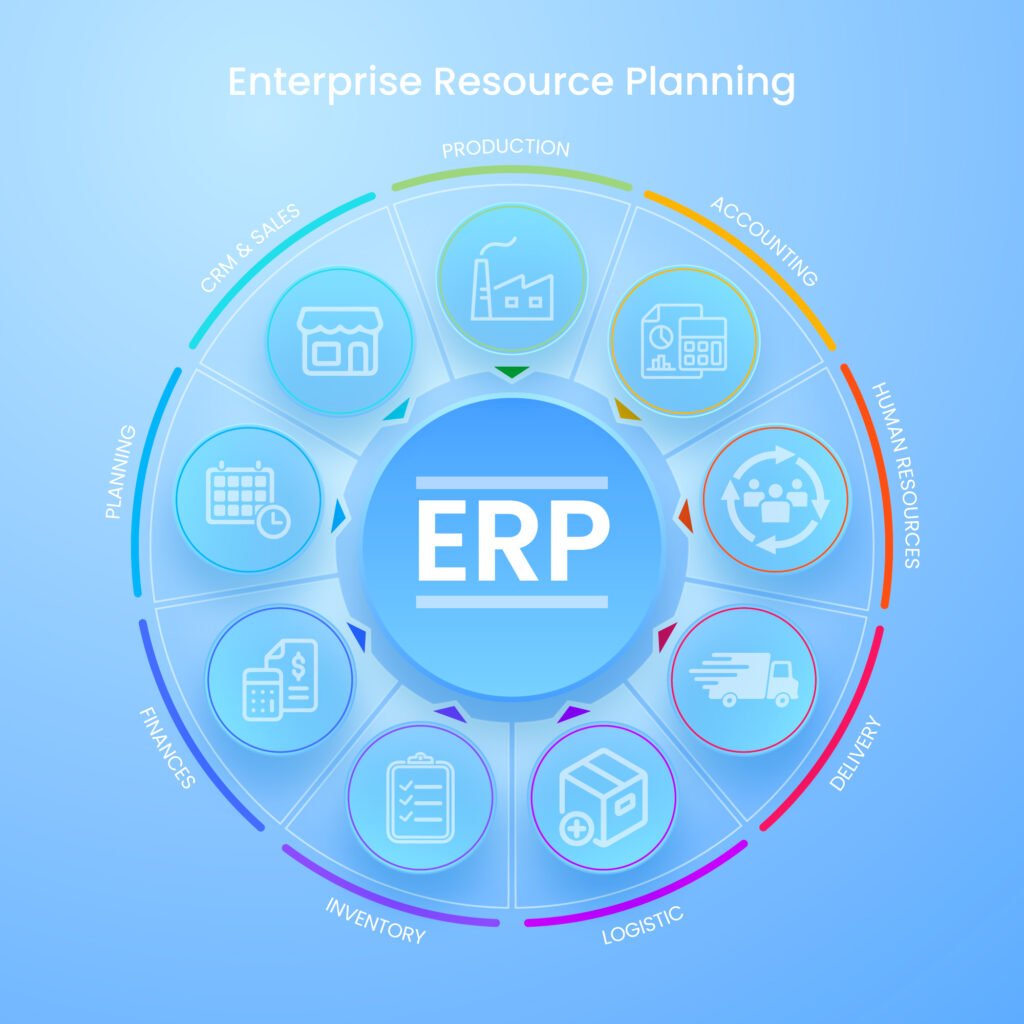In today’s fast-evolving business environment, selecting the right Enterprise Resource Planning (ERP) software can be a game-changer for companies. ERP solutions streamline business processes, improve efficiency, and provide valuable data insights. However, choosing the best ERP software in South Africa can be challenging. With numerous vendors offering different features and pricing models, how do you select the right one for your needs? Here are 10 essential tips to guide you in choosing the best ERP software for your South African business.
1. Assess Your Business Needs
Before diving into the market, first evaluate your internal need. . Determine the efficiency and effectiveness of your business’s processes – this could range from how you manage your stocks, generate financial statements, utilize your supply chain and enhance your customer relationship management (CRM). In a needs assessment, proof is provided that the ERP system you will implement covers the specific needs you have in a firm.
2. Consider Industry-Specific ERP Solutions
Every industry is different and comes with its own set of issues, so it’s important to discover which ERP system is best suited to your industry. For instance, if your organization is operating in the automotive, retailing, or the manufacturing industry, you’ll prefer ERP software that is relevant to your market. It also important to note that it is easier to implement industry-specific ERP solutions since the templates and the modules have already been designed to fit specific industry processes and procedures.
3. Focus on Scalability
Your business may be small today, but it won’t stay that way forever. Select an ERP solution that compatibility with your company’s growth requirements. Scalability gives assurance that the system will grow with you in respect to the growing number of customers, operations, and demands.
4. Evaluate Cloud vs. On-Premise Solutions
First of all, the choice of cloud based ERP or deciding on on-premise system is one of the major decisions you can make regarding your company’s future. On the one hand, cloud solutions have advantages of flexibilities, work from anywhere, and less need for IT support but on the other hand, on-premise solutions can be ideal because they allow for more control over the data, which may be significant for certain fields.
5. Check Integration Capabilities
ERP systems should work well with other applications you are using in the organization including customer relationship management, payroll and accounting applications. Failure in the aspect of integration can cause a problem of data isolation, and the creation of numerous workarounds, which does not have any sense if using an ERP system. Make sure the ERP solution that you invest in has compatibility with your business software.
6. Ensure Customization Flexibility
Every business is different, and your ERP system should reflect that. Opt for ERP software that allows customization to fit your unique workflows and processes. From modifying reports to adding new modules, your ERP should offer flexibility without requiring complex development work.
7. Evaluate Vendor Reputation and Support
Choosing vendor is also as crucial as the choice of software. Once you have a list of possible ERP vendors, verify the reputation of such vendors, their customers and services. Hence, a vendor that incorporates substantial post-implementation support, training and a good service level agreement (SLA) will guarantee a seamless integration and sustainability.
8. Consider Total Cost of Ownership (TCO)
When it comes to deploying ERP solutions, there are more additional costs aside from the software expenses. Some of the parameters include implementation costs, customization, training, maintenance, and licensing renewal costs. The cost of labor, materials and other expenses should be considered alongside the overall long-term costs involved with the system, as these can be high.
9. Prioritize Data Security and Compliance
It is important to ensure proper data protection and assurance of compliance to the law when selecting the most appropriate ERP system to use especially for firms operating under legal compliance particularly those in the international market. Make sure that the chosen ERP software satisfies the legislation of South African Republic like the Protection of Personal Information Act (POPIA). Furthermore, guarantee such security layers as encryption, multi-factor authentication, and constant system updates that help protect valuable business information.
10. Request a Demo and Trial Period
Never commit to an ERP system without first trying it out. Most ERP vendors offer demos or trial periods that allow you to test the software’s functionality. Use this opportunity to evaluate the user interface, ease of navigation, and how well the system fits into your business processes.
Final Thoughts
Choosing the best ERP software in South Africa requires careful consideration of your business needs, industry requirements, scalability, and long-term costs. By following these 10 tips, you can ensure that your investment will drive growth, enhance operational efficiency, and provide valuable insights into your business. Always remember to perform thorough research, consult with stakeholders, and request demos before making a final decision.


